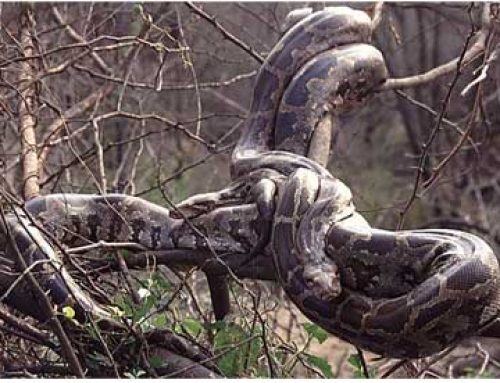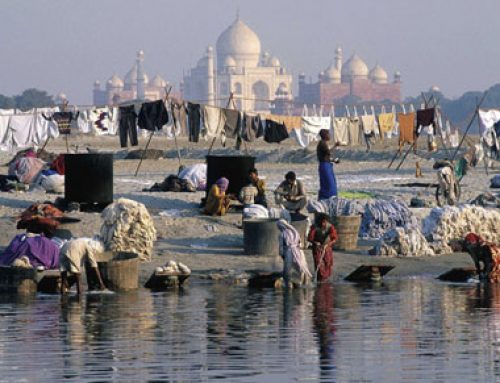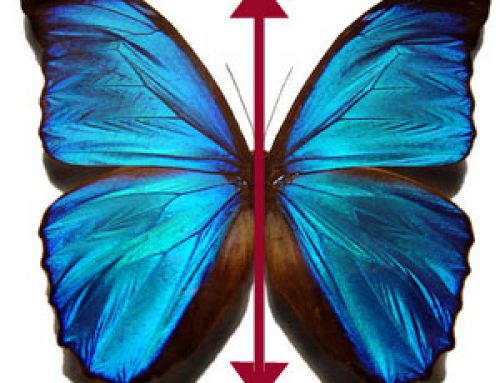
A man who has ALS
If your mitochondria are not working right, or you have too few mitochondria, you can easily see the results. Your body won’t work right, especially the parts of your body that need a lot of energy like nerves and muscles.
For instance, some people think that ALS – Lou Gehrig’s disease – is caused by a mutation that makes the mitochondria in your nerve cells not work well. Then your nerve cells gradually die, and you become more and more paralyzed.
If you’re doing sports, one reason you need to practice nearly every day is that the more you push your muscles to make more energy, the more your mitochondria will reproduce. Athletes who practise have a lot more mitochondria than those who don’t, so they can convert food to energy much faster. This gives them the energy to last through the soccer game, or to finish the race.
 As you get older, once you are about thirty years old, your body is not as good at making a kind of protein doctors call AMPK. Your muscle mitochondria need AMPK in order to reproduce, so pretty soon you have fewer mitochondria in your muscles than before. With fewer mitochondria, your muscles can’t turn food molecules into energy as well, and if you keep eating as much as you did before, you’ll end up with leftover food. The leftover food gets stored as fat, so you start to get fatter. (Ask your parents about how much harder it is to stay thin after you’re about 30 years old!)
As you get older, once you are about thirty years old, your body is not as good at making a kind of protein doctors call AMPK. Your muscle mitochondria need AMPK in order to reproduce, so pretty soon you have fewer mitochondria in your muscles than before. With fewer mitochondria, your muscles can’t turn food molecules into energy as well, and if you keep eating as much as you did before, you’ll end up with leftover food. The leftover food gets stored as fat, so you start to get fatter. (Ask your parents about how much harder it is to stay thin after you’re about 30 years old!)
One way to get your body to make more AMPK is to exercise. The more you exercise, the more AMPK your body will make, even if you are getting older. You’ll have more mitochondria, and they’ll turn more of your food into energy, and you’ll lose weight and be much healthier too.
What are mitochondria?
Cell digestion
Cells
Plants
Animals
Bibliography and further reading about mitochondria:




